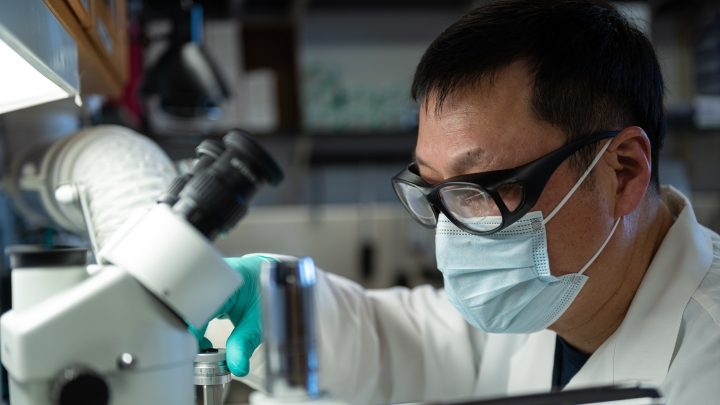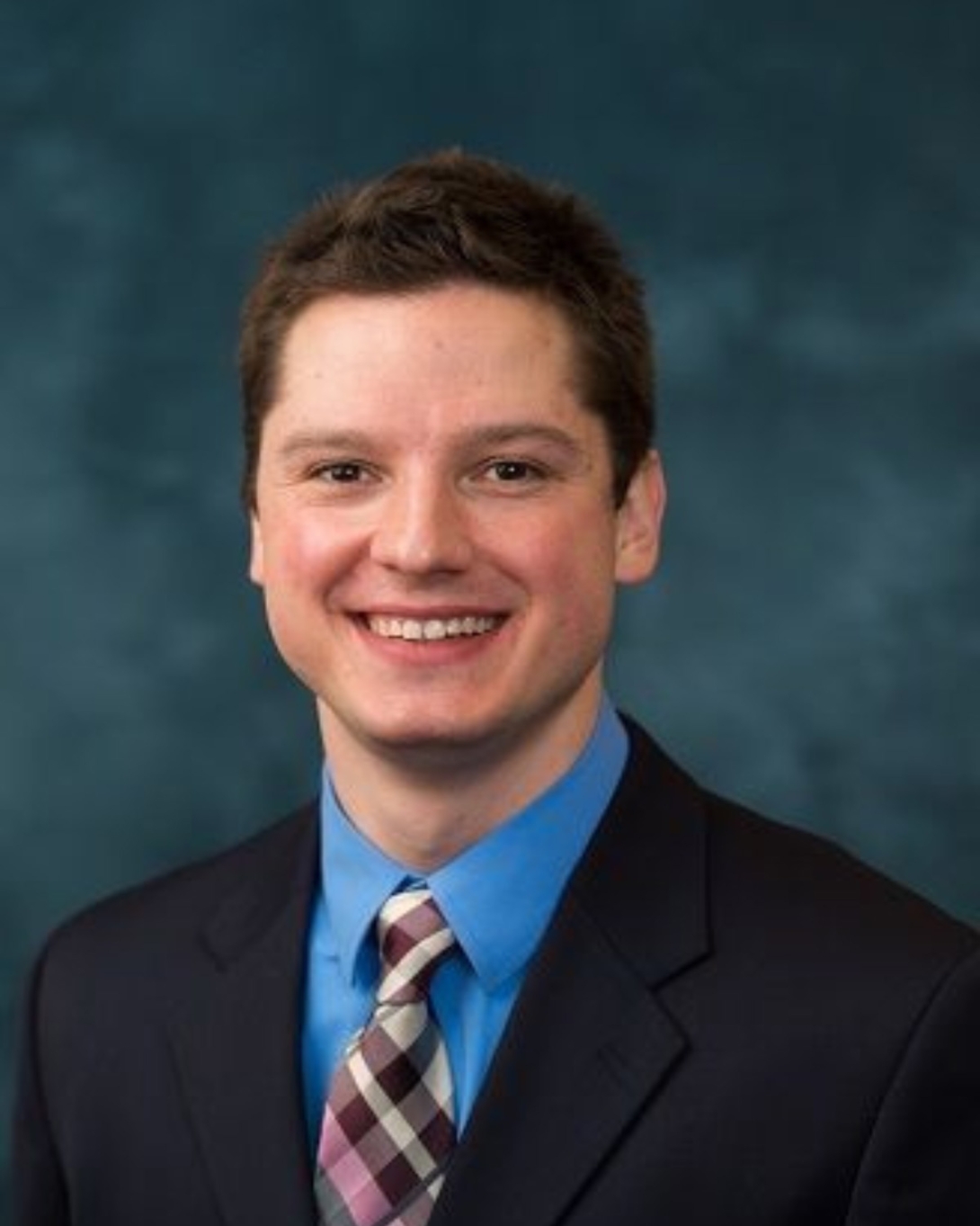-
Medical Student Programs -
Residency -
Fellowships -
Simulation Education -
Student Registered Nurse Anesthetist -
Other Learners -
MOCA -
Facilities & Spaces
Welcome to the U-M Medical School Department of Anesthesiology and thank you for your interest in the Orthopedic Anesthesia Fellowship.
The orthopedic patient population and associated procedures have their own unique set of challenges. The goal of the Orthopedic Anesthesia Fellowship is to give the fellow in-depth training around these unique challenges. The fellow will spend time involved in the complete scope of orthopedic surgeries including: total joints, trauma, sports, oncology and spine. To this end, the fellow will be expected to spend time not only in the intraoperative and perioperative setting but also in pre-operative clinics and post-operative ward rounds.
As the climate surrounding medical care and reimbursement continues to evolve, the fellow should expect to gain a greater understanding of what the driving forces of these changes are. In addition, there will also be focus on value analysis (i.e. cost and quality of care). As the dollars and resources of medical care are somewhat fixed, the fellow will gain a better understanding of general operational principles with the expectation of becoming involved in operating room improvement projects. Finally, the fellow will help to develop and establish new clinical pathways/protocols for patients.
To apply, please complete and return the application form. Selected candidates will be invited to interview with the department chair, fellowship program director, and other members of the Division of Orthopedic Anesthesia.
The fellow will spend time in the University Hospital main operating rooms. Additionally, the fellow will be expected to spend clinical time at East Ann Arbor Surgery Center and Brighton Outpatient Surgery Center.
As the Orthopedic Anesthesia Fellowship is a non-ACGME approved fellowship, the fellow will have a clinical appointment as faculty lecturer within the medical school. The fellow will be given 30% faculty time. This will include being involved in the University Hospital General Call/1st late call pool.
- Indications/contra-indications for regional anesthesia
- Placement of single shot peripheral nerve blocks and catheter techniques
- Perioperative management of patients with regional anesthesia
- Use of novel techniques in placement of neuraxial anesthesia (ultrasound and c-arm skills)
- Safe and effective pain control in complex orthopedic patients
- Preoperative optimization of orthopedic patient population
- Patient selection process for procedures and sites of care
- Teach residents and medical students both formally in lecture settings, as well as, informally in the operating room and at bedside
- Attend patient total joint education classes in order to educate them on perioperative anesthesia expectations and pain control
- Participate in scheduled journal clubs
- Prepare and submit at least 1 article in a peer reviewed scholarly journal
- Involvement in ongoing operational improvement projects
- Assist in the formulation of new operational protocols for operating room management

We seek to be the pre-eminent academic anesthesiology department in the world by making major advances in the field and developing the next generation of outstanding researchers.

We find a new reason to love Ann Arbor nearly every day — year-round outdoor activities, cultural experiences, a growing food scene, and a welcoming, family-friendly atmosphere are just a few that come to mind. Explore all that Ann Arbor and our surrounding communities have to offer.

Program Associate, Orthopedic Anesthesia Fellowship
Program Assistant, Orthopedic Anesthesia Education
Section Head, Orthopedic Anesthesia